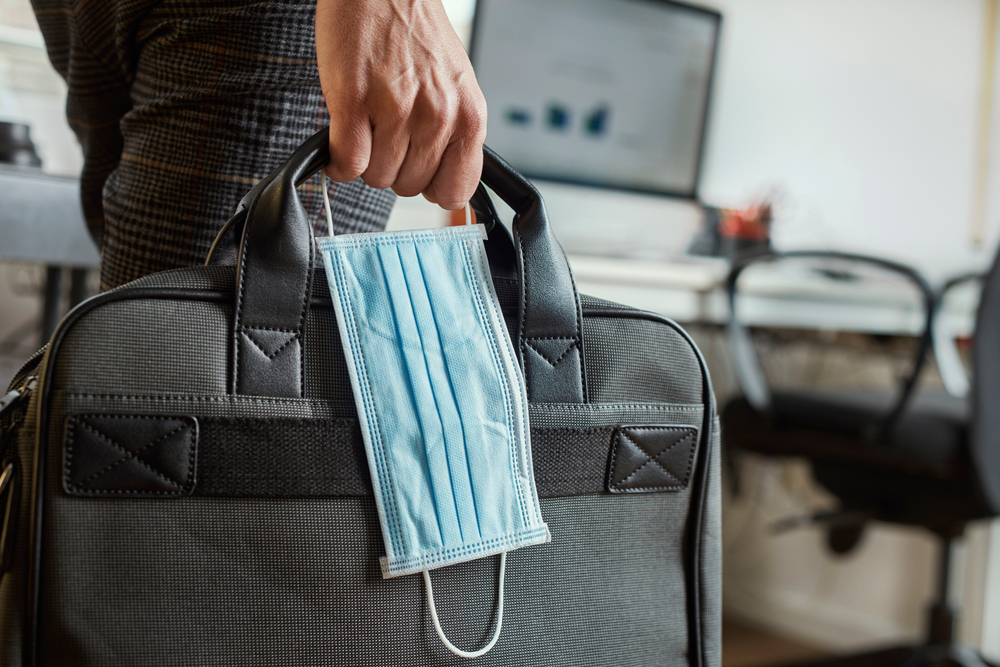Yes, it is true that our government has lifted its Covid restrictions as a means towards promoting economic activity. While this will assist businesses to improve their sales, employers and employees need to bear some important things in mind:
- Firstly, the government’s latest move has not been spurred by the disappearance of Covid. The repeal of this legislation has occurred due to the fact that Covid infection and death numbers have dropped, and due to the desperate need to revive the economy. It is possible that Covid will make a comeback in the form of a new strain; in which case the legal restrictions will be re-instated unless everyone in South Africa is immune to the new strain at the time of its arrival. Such widespread immunity is unlikely due to the large numbers of anti-vaxers and to the fact that new strains can be resistant to old vaccines. This means that having solid anti-Covid policies, practices and systems firmly in place is crucial.
- Secondly, it would be self-destructive to take the government’s move as a signal that Covid is gone and everyone is safe. Covid is very much alive and is still dangerous to all of us. This means that our common sense must take the place of government restrictions. We must still behave carefully in order to avoid contracting Covid and transmitting it to others in our private lives and at work. Those who have co-morbidities need to continue with social distancing, wear masks, work in isolation where possible and continue to take all other relevant precautions. Everyone must continue with the hygienic practices of washing our hands, using sanitiser sprays and cleaning our workplaces regularly.
- Thirdly, despite the repeal of the Covid restrictions the normal health and safety laws of South Africa have not been repealed. The Occupational Health and Safety Act (OHSA) requires you as an employer to take all steps necessary to protect your employees and other persons present at the workplace from occupational hazards. Just because the special Covid restrictions have been lifted this does not mean that employers do not have the legal responsibility to ensure that people at the workplace are safe from Covid. Should employees and visitors contract Covid at your workplace you will be liable for prosecution.
For all of the above reasons you should:
- Conduct a risk assessment to determine the risk of exposure and the control measures to limit infection, transmission and mitigate the risk of serious illness or death on the part of employees and other persons who may be directly affected by the activities of the workplace.
- Depending on the outcome of your risk assessment, very seriously consider implementing mandatory Covid vaccinations of your employees.
- Develop and implement a plan to limit infection, transmission in order to mitigate the risks of serious illness or death on the basis of that risk assessment.
- Manage absence from work due to infection, isolation and adverse effects of vaccination.
- Seek to accommodate employees who refuse or fail to vaccinate against Covid.
Implementing the above requirements is not a simple task, and it therefore requires the assistance of health and legal experts.
Employers who pretend that the lifting of some of the legal restrictions means that the Covid threat is over will be the authors of their own destruction. Indeed, employers should use the lifting of the restrictions to secure and grow their businesses. However, essential to us advancing our businesses is our responsibility to protect all involved in the workplace and to ensure that unsanitary and irresponsible behaviour does not scupper our business advancement goals. Sick employees means sick businesses, and the breach by businesses of health and safety laws means sick bank accounts.
Yes, let’s celebrate the opportunity to advance our businesses, but not to the extent that we defeat that very goal.
To attend our 12 August webinar on DEFEATING THE DANGERS OF DISMISSAL please contact Ronni on ronni@labourlawadvcie.co.za or 0845217492.



